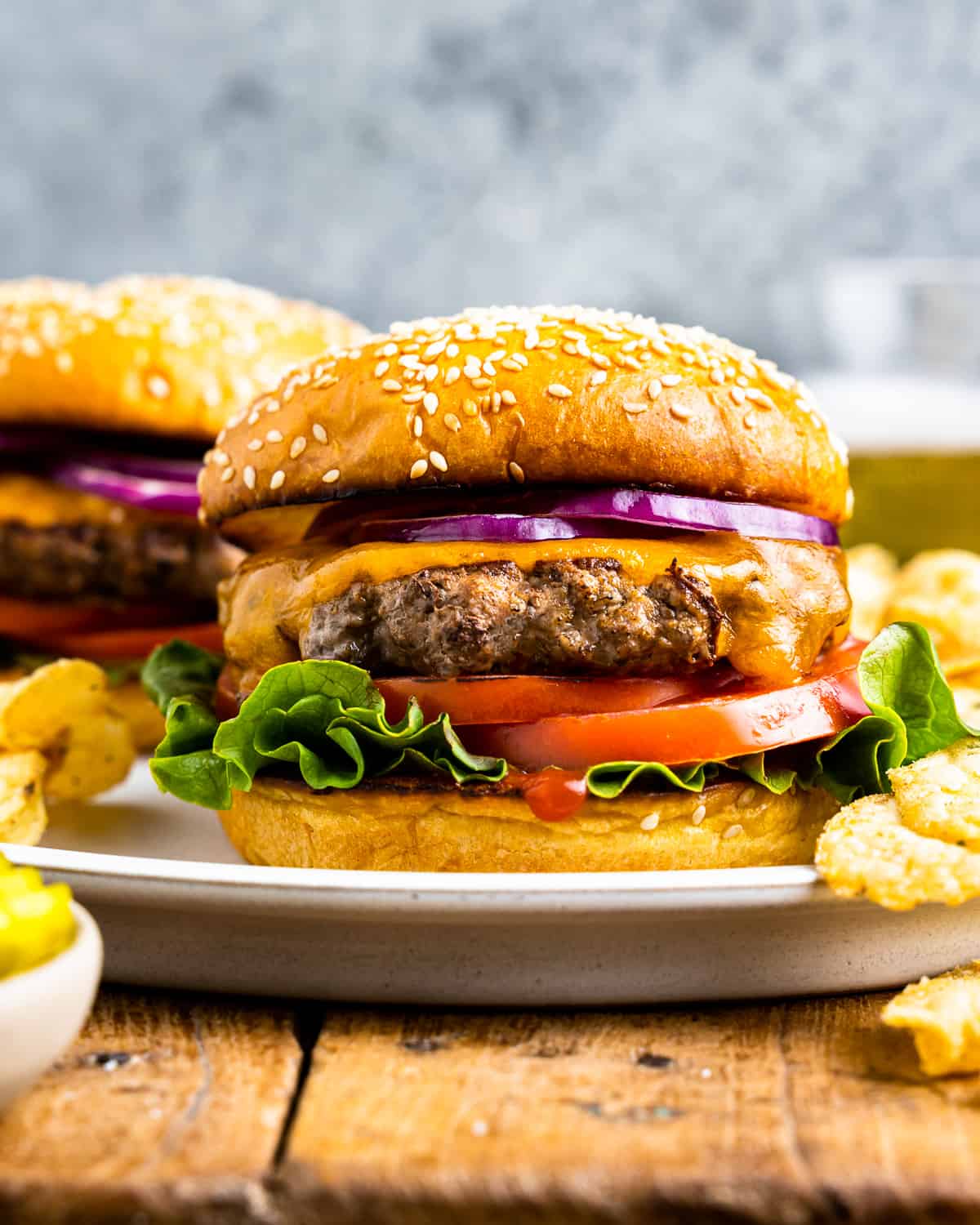Yes, dogs should NOT eat cooked onions. Onions are highly toxic to dogs and can cause serious health issues.
Onions are a common ingredient found in many dishes, but they are not safe for dogs to consume. Onions contain a substance called thiosulphate, which can cause a condition called hemolytic anemia in dogs. Hemolytic anemia is a condition where the red blood cells break down, leading to a shortage of oxygen being delivered to the body’s tissues.
Symptoms of onion poisoning in dogs include vomiting, diarrhea, abdominal pain, weakness, and pale gums. If you suspect your dog has ingested onions or is showing any of these symptoms, it is important to seek immediate veterinary care. It is crucial to keep onions and any food containing onions out of reach of your dog to ensure their safety and well-being.
Fact 1: Onions Can Be Toxic To Dogs
Onions, whether cooked or raw, contain thiosulfate, which is harmful to a dog’s red blood cells. This can lead to Heinz body anemia in dogs. The extent of this toxicity depends on the quantity of onions consumed and the size of the dog.
Therefore, it is important to avoid feeding onions to dogs as it can have serious health consequences.
Fact 2: Symptoms Of Onion Toxicity In Dogs
Symptoms of onion toxicity in dogs can include weakness, lethargy, vomiting, diarrhea, rapid breathing, and pale gums. These symptoms may not be immediately noticeable and can occur within a few days after the dog has eaten onions. To ensure your dog’s well-being, it is essential to monitor their behavior closely and seek veterinary care if any symptoms arise.
Onion ingestion can be harmful to dogs, so it’s crucial to be aware of the potential risks and take appropriate action if necessary. By being vigilant and proactive, you can help keep your furry friend safe and healthy.
Fact 3: Small Amounts Of Onion Can Still Be Harmful
Onions, even in small amounts, can be harmful to dogs, especially those with pre-existing health conditions. Dogs have a lower tolerance for onion toxicity compared to humans, so it’s best to avoid feeding them any food that contains onions. Onion toxicity can cause a range of symptoms in dogs, including vomiting, diarrhea, weakness, and even damage to red blood cells.
In some cases, it can be life-threatening. It’s important to be cautious and read ingredient labels carefully to ensure that there are no onions or onion powder in the food you give to your furry friend. Remember to prioritize your dog’s health and wellbeing by offering them foods that are safe and appropriate for their digestive system.
Fact 4: Onion Products To Avoid Feeding Dogs
Cooked onions, onion powder, onion soup mix, and any dishes with onions should be avoided for dogs. Be cautious of ingredients in dog treats, pet food, and table scraps as they may contain onion derivatives. Consult your veterinarian for a list of onion-related products to steer clear of.
Fact 5: Treatment For Onion Toxicity In Dogs
If your dog accidentally consumes onions, it is crucial to contact your veterinarian immediately. Treatment may involve inducing vomiting, administering activated charcoal, and providing supportive care. In severe cases, blood transfusions may be necessary to counteract the effects of onion toxicity.
It is important to act quickly when onion toxicity is suspected in dogs. Early intervention can greatly increase the chances of a successful outcome. Always keep dangerous foods like onions out of reach from your pets to prevent accidental ingestion.
If you have any concerns about your dog’s health, don’t hesitate to seek professional help. Your vet will be able to assess the situation and provide appropriate treatment to ensure your dog’s well-being.

Credit: www.thecookierookie.com
Fact 6: Prevention Is Key
The best way to protect your dog from onion toxicity is to prevent their exposure. Be cautious with food preparation and storage to avoid accidental ingestion. Educate family members and guests about the dangers of feeding dogs foods that contain onions.
By following these guidelines, you can keep your dog safe and healthy.
Fact 7: Safe Alternatives For Flavoring Dog Food
Onions cooked in dog food can be harmful to dogs. Instead, consider using dog-friendly flavoring alternatives such as parsley, basil, or small amounts of cooked meat. Enhancing the taste of your dog’s food can be done without risking their health.
Always research and consult your veterinarian for safe and healthy options. Keeping your furry friend’s diet in check is essential for their overall well-being. So, skip the onions and explore other safe and tasty options that will keep your dog happy and healthy.
Remember to prioritize their health by making informed choices when it comes to their food.
Conclusion
Overall, it is crucial to prioritize the safety and well-being of our furry friends. When it comes to dogs and onions, it’s best to err on the side of caution and avoid feeding them this particular vegetable, whether it’s raw or cooked.
Onions contain compounds that can be toxic to dogs and could lead to serious health issues such as anemia and gastrointestinal problems. While small amounts may not cause immediate harm, regular consumption can accumulate and have detrimental effects over time.
Remember that every dog is unique, and their tolerance to certain foods may vary. Consulting with a veterinarian is always the safest approach when it comes to making dietary choices for our canine companions. By being mindful of what we feed our dogs, we can ensure their long-term health and happiness.
So, next time you’re in the kitchen preparing meals, keep those onions far away from your furry friend’s plate.
